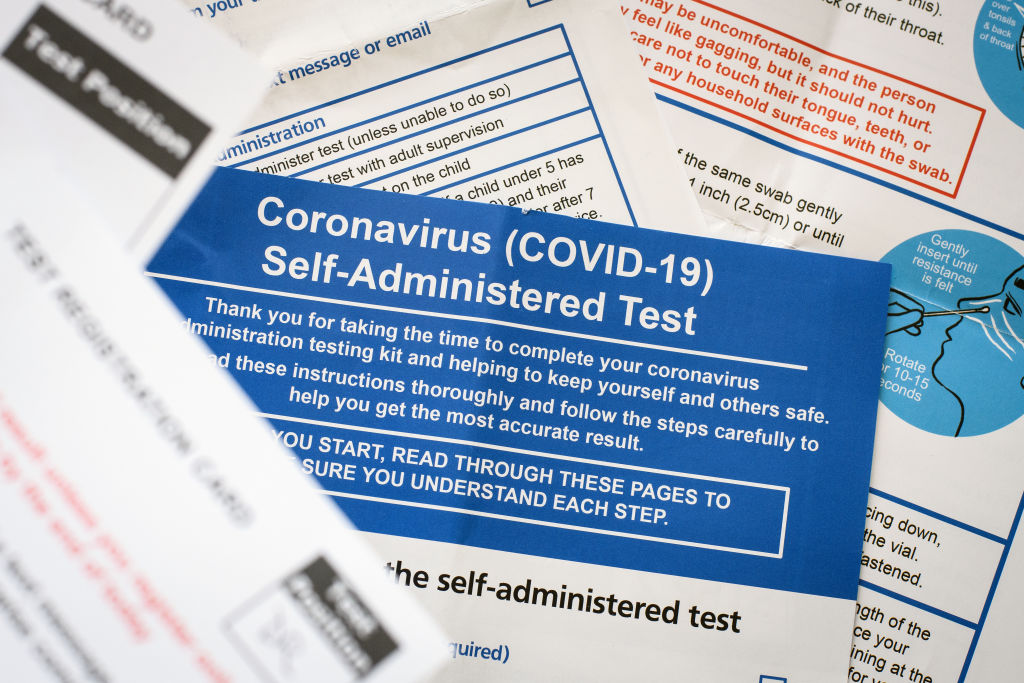‘What’s in a name? That which we call a rose by any other name would smell as sweet,’ wrote the Bard. He was referring to a rose which is a rose, instantly recognised by its fragrance and its appearance. But a case of Covid-19 does not fit the metaphor, because it differs wherever you look.
In the course of our evidence gathering activities, we have gone through a few thousand papers reporting studies on all aspects of Covid-19 spread. We found that not very many defined a case of Covid, which is a sign of sloppiness when that is what you are looking for. Those that did, reported different definitions and ways of ascertaining what they meant by a ‘case’.
Now this may seem a pedantic academic remark, but in reality, it underlines the chaos which has crept into Covid-19 science and decision-making. After watching the briefing by the Chief Medical Officer Chris Whitty on 9th September, where he described his worry about the increase in cases and compared the situation in the UK to other countries, we asked the question: what does a Covid 19 case mean and how do different nations define a case? We looked at the definition of a case given by the World Health Organisation, the US and EU Centres for Disease Control, China, Italy, Spain, France. We only tapped official websites, and what came out was a concoction that did not smell like the Bard’s rose.
All the details can be accessed here, but let’s stick to three of Professor Whitty’s comparators.
The UK government definition is based on clinical symptoms, and testing is recommended for cases who are well enough to remain in the community. No guidance is given as to how to interpret such a test or any decisions. Interestingly the Public Health England explanation of the methods for counting cases is as follows:
‘If a person has both a negative and a positive test, then only their positive test will be counted. If a person is tested as positive under both pillar 1 and pillar 2, then only the first positive case is counted.’
An asymptomatic person who tested positive could have two confirmatory negative tests, but would still count as a confirmed case. But in Wales, data is deduplicated on 42-day episodes; if someone is tested twice, 43 days apart, they will be included in the case count measure twice.
The UK government’s latest guidance states ‘positive test results at the limit of detection that occur early in the cycle of infection are important as these represent individuals who may go on to transmit infection’. It asks laboratories to ‘determine the threshold for a positive result at the limit of detection based on the in-use assay,’ without stating what the threshold should be. If necessary, the laboratory should request a repeat sample; again, this advice is given without a threshold to guide when to do the repeat test.
We have already written about the inappropriate use of the PCR test as currently used, and the delightful vagueness of the statement is pregnant with consequences. Arbitrary thresholds may be so high that the UK may be heading for perpetual lockdown, as every minute fragment and debris of the coronavirus will count as positive. We deduce that a reported ‘case’ is most probably simply the result of a positive PCR test. The new guidance is meaningless unless it provides a clear threshold for the limits of detection. For many whose test turns up positive, there may be nothing recorded about any clinical symptoms.
France, on the other hand, has an emphasis on clinical signs and symptoms: ‘Anyone, who may or may not have been in contact at risk with a confirmed case within 14 days of symptom onset, presenting clinical signs suggestive of COVID-19: acute respiratory infection with fever or a feeling of fever, or any other following clinical manifestation, of sudden onset, according to the opinion of the HCSP relating to the clinical signs of diagnostic orientation of COVID-19’. Tests are not mentioned.
Enter Spain with a layered definition. A confirmed case may have an active infection (a clinical diagnosis backed up by PCR or antibodies) or be asymptomatic (based on positive PCR). No definition of PCR thresholds is reported, and no list of clinical features either. So are the comparisons meaningful or meaningless? None smell like the Bard’s rose.






Comments